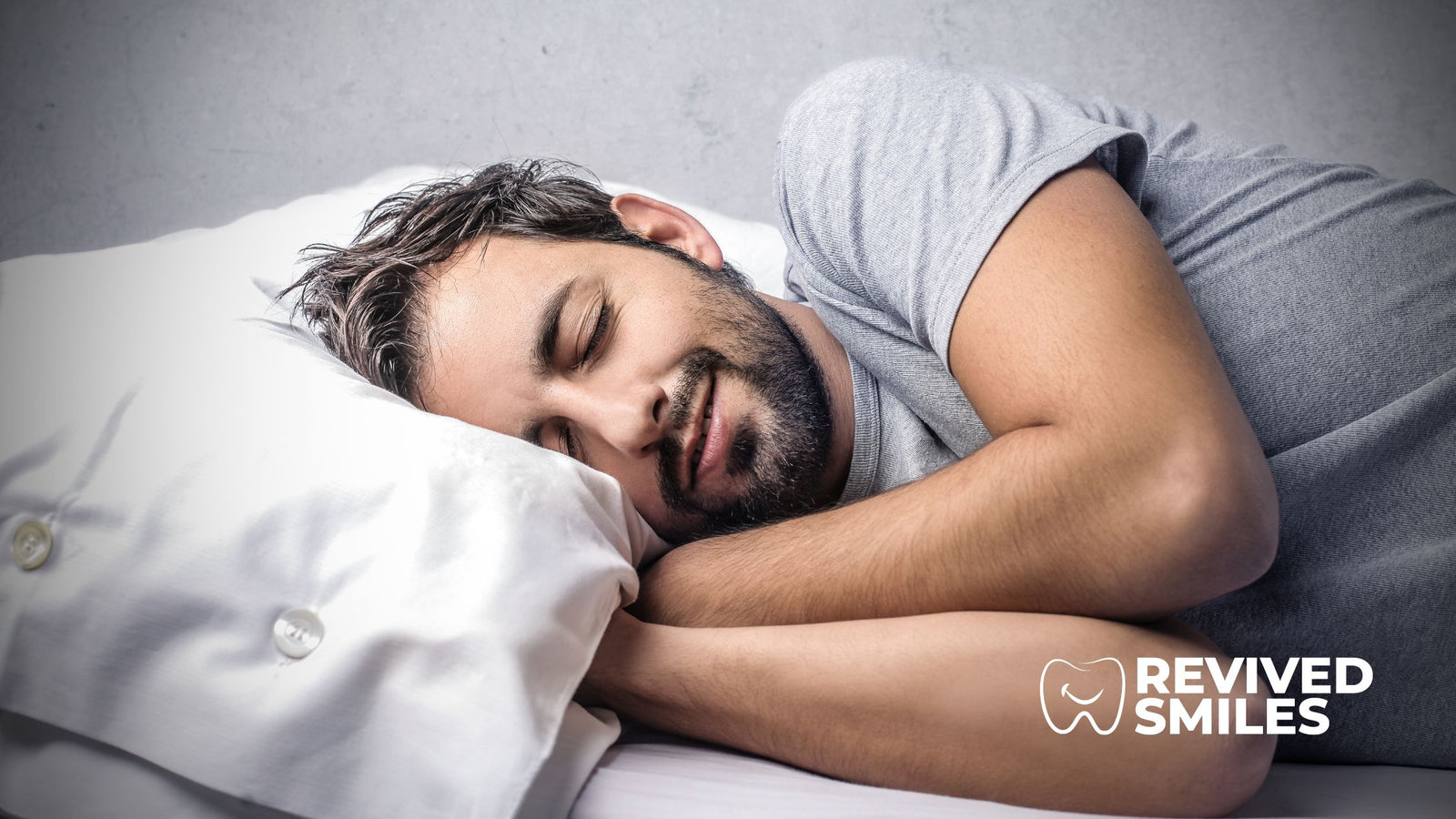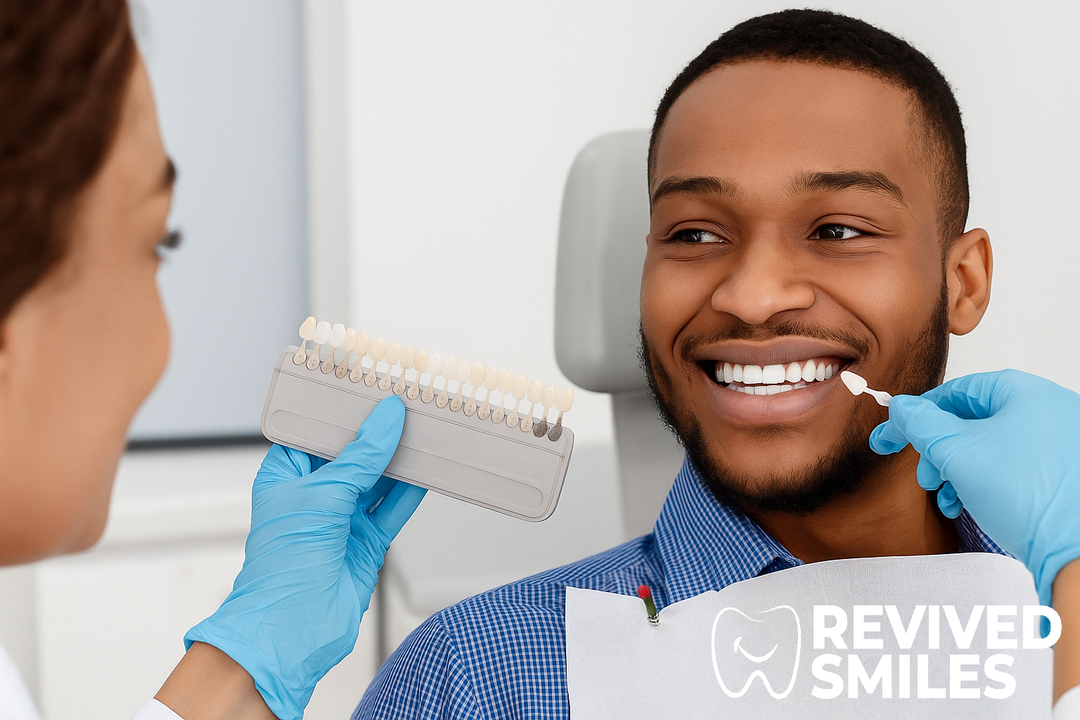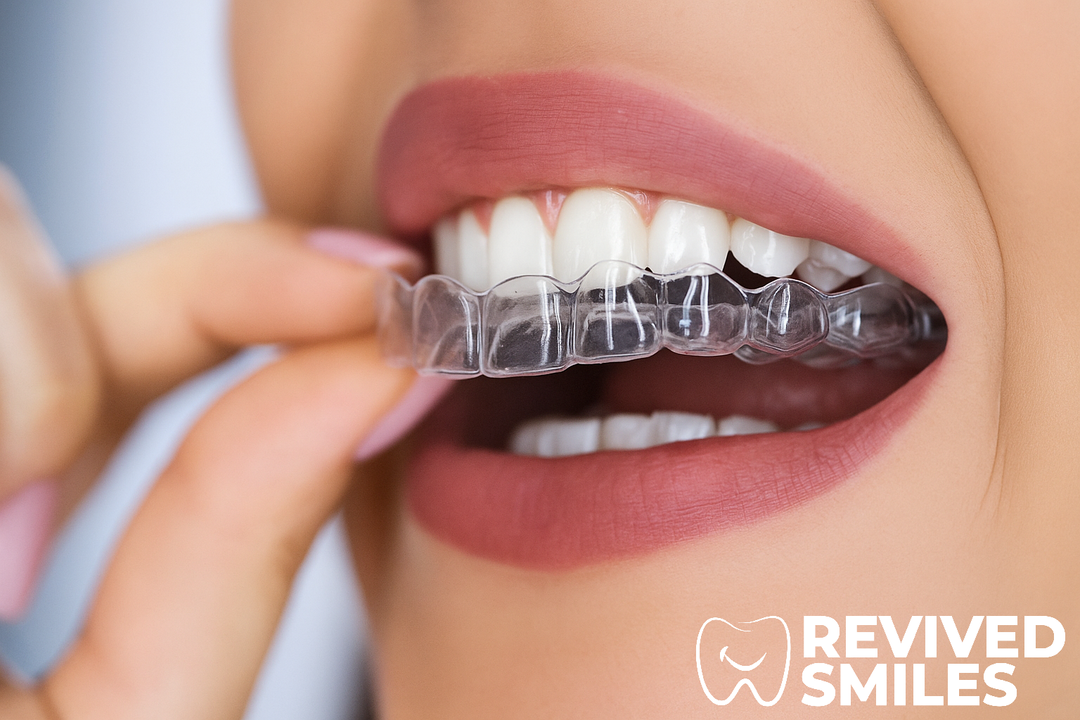Do Nightguards Work for Snoring? Key Facts You Need to Know

Snoring disrupts the sleep of millions of adults on a regular basis. Beyond keeping our partners awake at night, snoring can take a major toll on our health. The disruptive noises are caused by relaxed throat tissues that vibrate and severely narrow the airway during sleep. Using an oral appliance like a nightguard that gently repositions these tissues is one potential solution. But do these devices actually work to reduce or eliminate snoring?
This article explores what makes people snore and if using a nightguard at night can actually help cut down on the snores.
What Causes Snoring and Why It Matters
To understand how anti-snore nightguards work, we need to grasp why we snore in the first place. When we sleep, our throat muscles relax significantly. For those predisposed to snoring, this relaxation narrows the airway too much, forcing inhaled air to create turbulent noise as it squeezes past tissue and structures like the soft palate and uvula.
Factors that can increase snoring risk include being overweight, which adds tissue pressure on the throat; drinking alcohol before bed; nasal and sinus congestion; your genetics; and getting older. Even your sleep position plays a part - lying flat on your back is the worst position because gravity causes the tongue to slide backward and block airflow.
Beyond ruining quality sleep for snorers and partners, long-term heavy snoring has been tied to some major health issues like high blood pressure, stroke, heart disease and diabetes. Finding an effective solution is key to better sleep and well-being.
What Are Nightguards?
Anti-snoring mouthpieces, often termed mandibular advancement devices or MADs, work by moving the lower jaw forward to help open up the relaxed tissues of the throat. Like athletic nightguards that protect teeth, they are removable oral appliances typically made from soft, flexible plastics that can be molded to the mouth.
How Nightguards Work to Prevent Snoring
By gently advancing the lower jaw forward, MADs pull tissues attached to the tongue, soft palate, uvula, and tonsils forward as well. This expansion in the back of the throat allows more space for air to flow without noisily vibrating against enlarged tonsils, elongated soft palates, and mucus congestion.
Clinical research studies on oral appliances consistently demonstrate their efficacy in reducing snoring frequency, intensity, and symptoms like daytime sleepiness for a majority of users. One major sleep study review found 73% of past trials reported decreases in snoring with MADs.
Effectiveness of Nightguards
The amount of snoring relief depends on factors like nightguard type, fit, comfort, and compliance in wearing it through the night. Most research indicates oral devices decrease snoring between 50 to 70% on average, with some studies showing elimination of snoring for around 40% of wearers.
While not as universally effective for all snorers as breathing devices like CPAP machines, the ease of use and non-invasive nature of MADs make them an excellent first-line treatment approach before considering more invasive interventions.
Tips for Choosing and Using Nightguards
Night protection devices require proper fit and an acclimation period for the best comfort, compliance, and results. Boil-and-bite types that are heated and then self-molded to teeth take less time to obtain but don't offer the precision and lasting durability that custom-fitted oral appliances from dentists can provide.
Impressions and measurements taken for customized devices made specifically for your mouth can maximize comfort and tolerability for nightly use. These lab-fabricated nightguards also enable dentists to calibrate the amount of anterior jaw advancement needed to adequately alleviate breathing obstructions.
Be prepared to give yourself at least 1 to 2 weeks to adjust to having a bulky foreign object in your mouth at night. Most users rapidly get accustomed to MADS worn during sleep. Keeping appliances very clean using recommended cleansers and toothbrushes can also minimize discomfort.
See your dentist promptly for any signs of abnormal bite changes or jaw pain indicating a need for adjustment. Discontinue use and also consult your physician if excessive salivation, teeth shifting, or other adverse reactions occur.
When to Seek Lifestyle Changes and Medical Help
While extremely helpful for improving sleep, partners should not view nightguards as the sole cure-all for snoring problems. A multilayered treatment approach addressing root causes may be needed.
Ask your doctor about adding nasal strips, allergy medications, or Neti pots to clear congestion in tandem with MAD use. Trying side or stomach sleeping positions and elevating the head while sleeping can also help keep throat tissues taut.
Losing weight through diet and exercise reduces tissue pressure that narrows your airway. Alcohol and sedative consumption before bed relaxes muscles, so limiting evening intake prevents drops in tissue tone. Correcting anatomical abnormalities like deviated septums or enlarged tonsils/adenoids may also contribute to quieter sleep.
Pay attention to signals that snoring may stem from a more serious sleep disorder like sleep apnea instead of anatomy. Symptoms like chronic fatigue, morning headaches, or high blood pressure could indicate breathing stoppages causing oxygen deprivation, damaging your body and brain’s health over time. Consult a sleep specialist promptly for tests like polysomnography/Sleep Study and possible CPAP therapy if heightened risks exist.
Conclusion
Nightguards serve as an excellent first-line treatment approach to significantly cut down or eliminate heavy snoring and related relationship conflicts or health risks for many sufferers. The custom-fitted oral appliances fabricated by dentists particularly rectify the underlying anatomical triggers of noisy sleep. By gently repositioning jaw, tongue, and palate tissues forward, they expand and decompress the upper airway to allow smooth, quiet breathing.
When used properly and in conjunction with other relevant medical and lifestyle therapies, anti-snoring nightguards provide an easy, non-invasive remedy. Restful and uninterrupted sleep leading to better health is finally achievable with some help from these simple yet effective dental devices.





Leave a comment